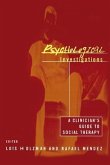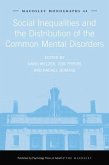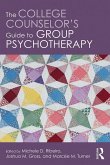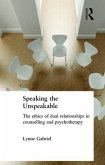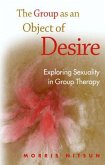For more than a century, the cultural imagination of psychoanalysis has been assumed and largely continues to be assumed as Western. Fundamental ideas about human relationships, family, marriage, and gender often remain unexamined and pervade the analytic space as if they are universally valid. In the intellectual climate of our times, with the rise of relativism in the human sciences and politically with the advent of decolonization, the cultural and historical transcendence of psychoanalytic thought can no longer be taken for granted. Insights from clinical work embedded in the cultural imaginations of non-Western civilizations could help psychoanalysis rethink some of its theories of the human psyche, extending these to cover a fuller range of human experience. These cultural imaginations are an invaluable resource for the move away from a universal psychoanalysis to a more global one that remains aware of but is not limited by its origins in the modern West. This book of essays aims to be a step in that journey, of altering the self-perception of psychoanalysis from 'one size fits all' into a more nuanced enterprise that reflects and is enriched by cultural particularities.


